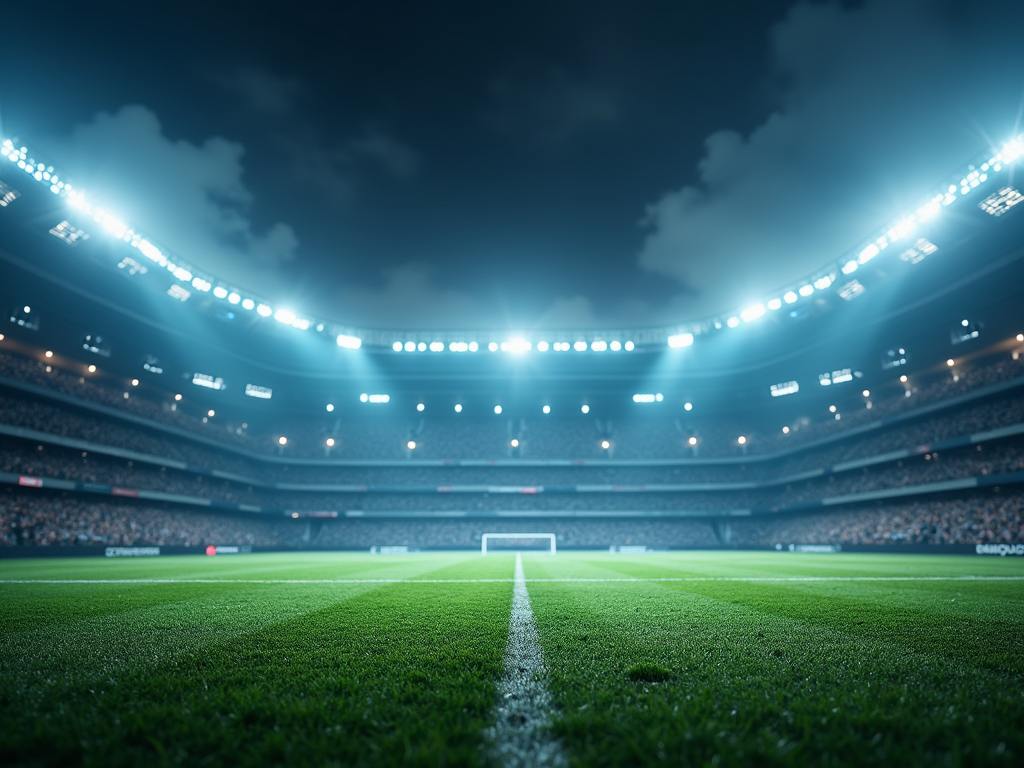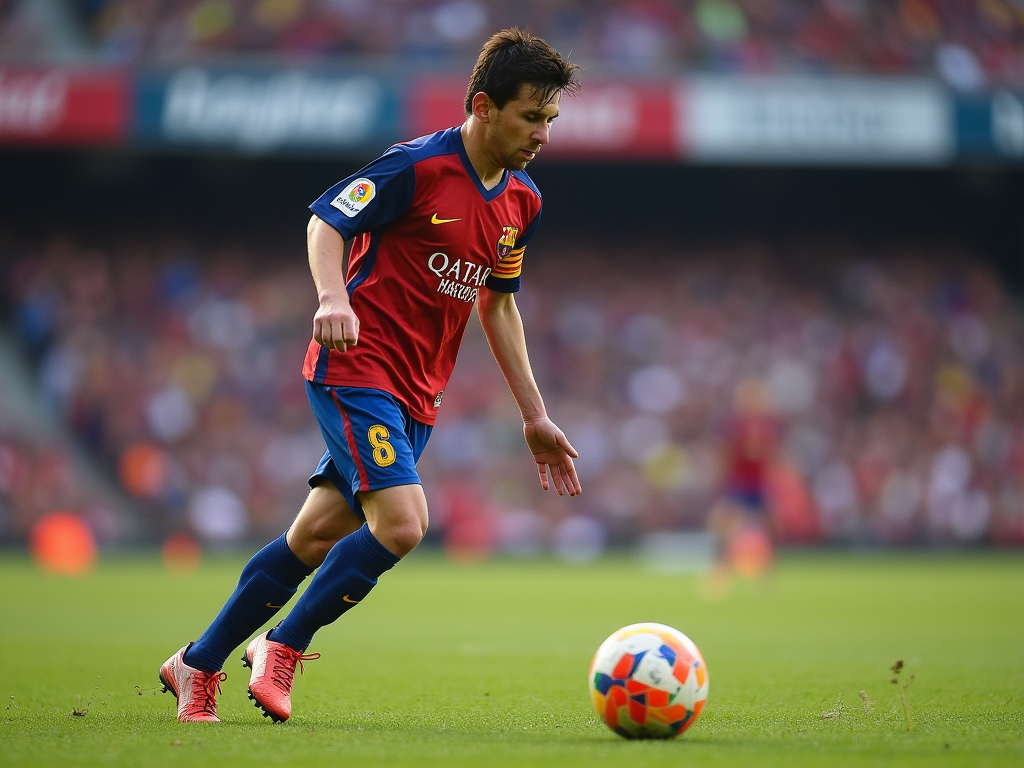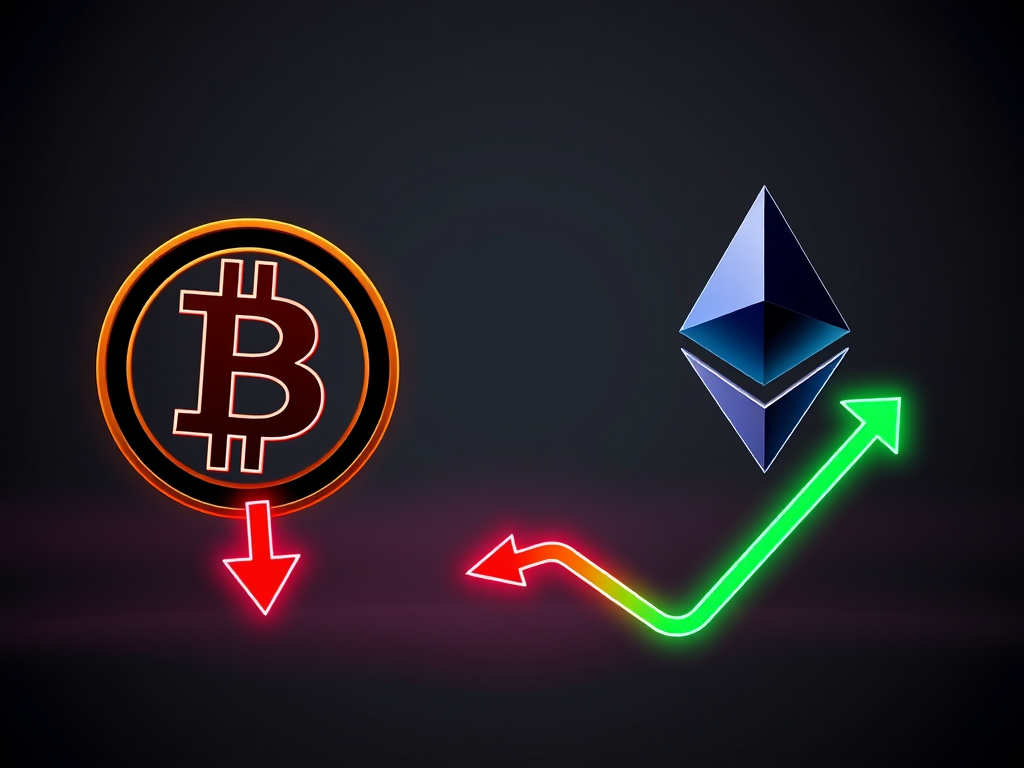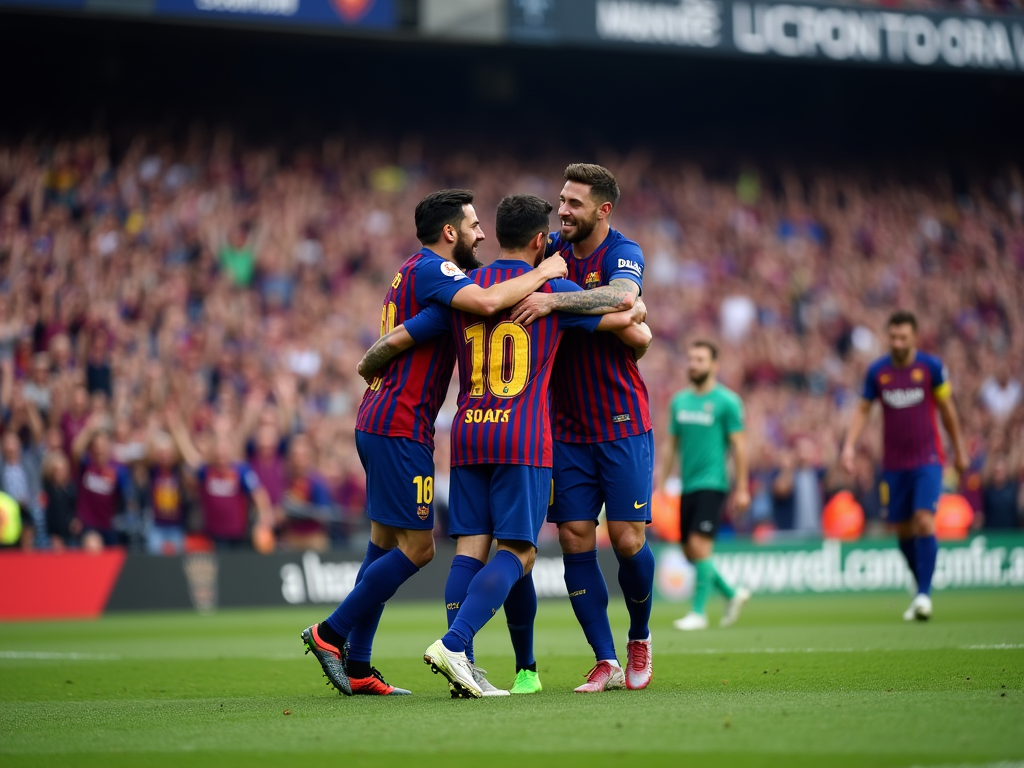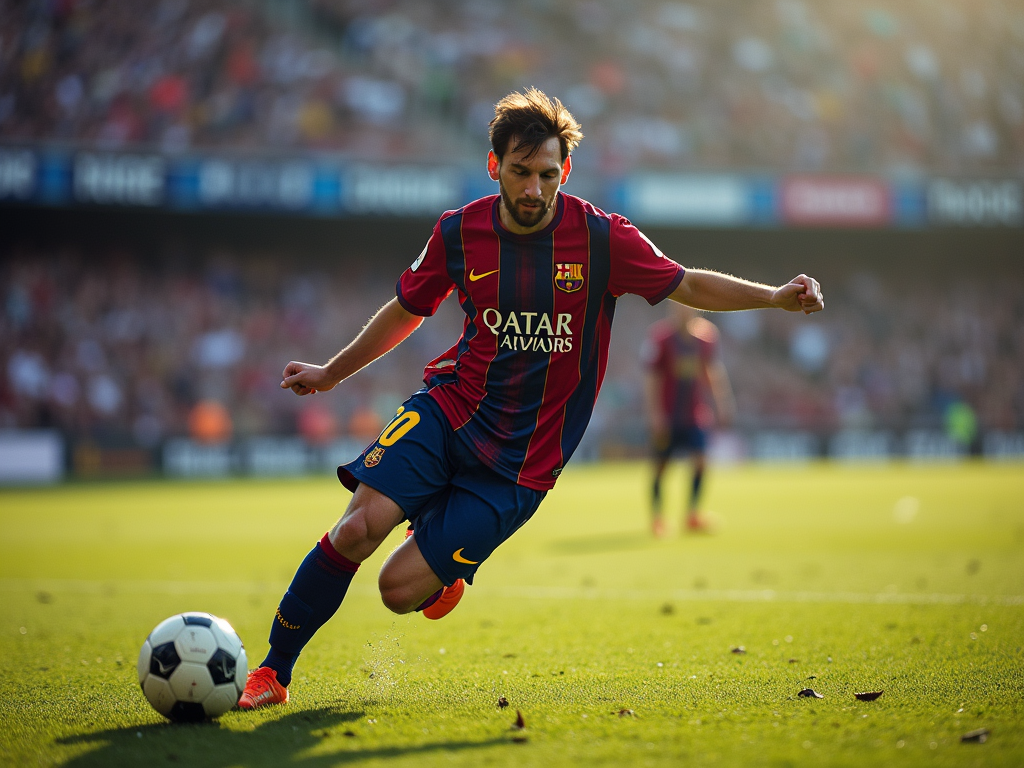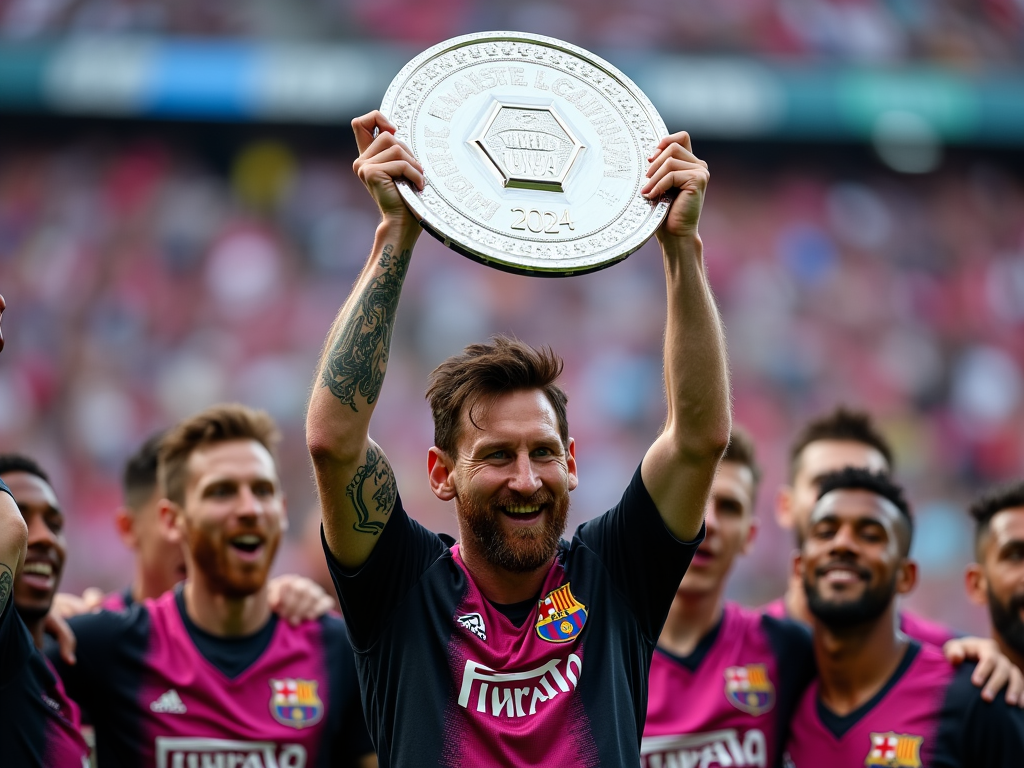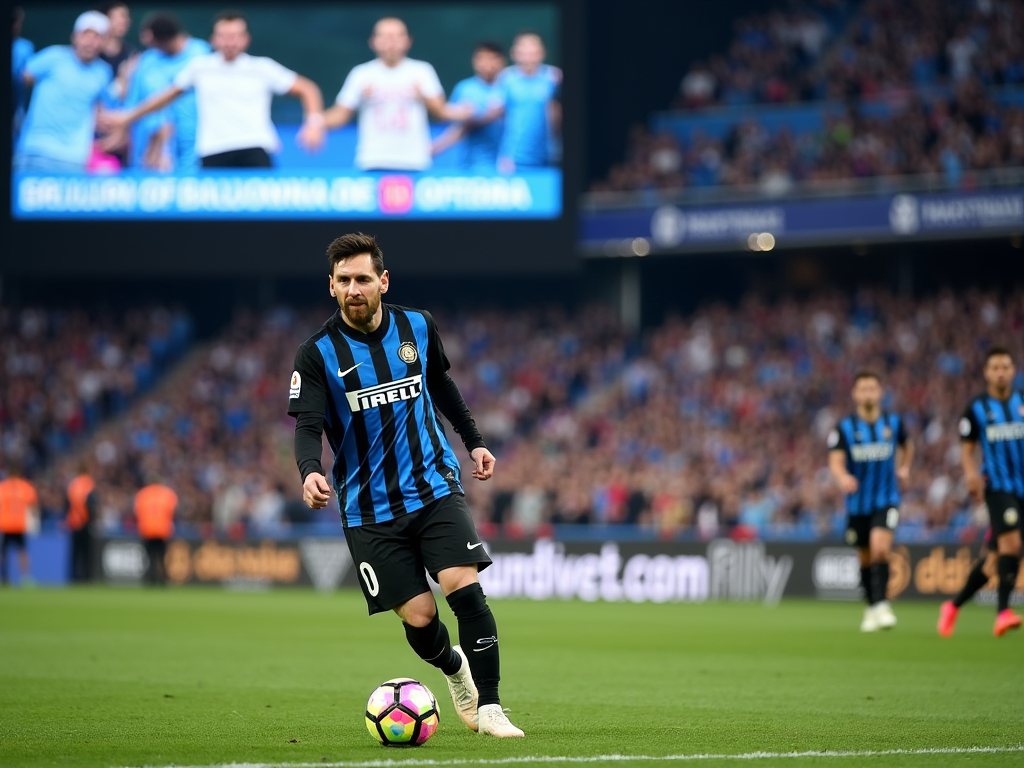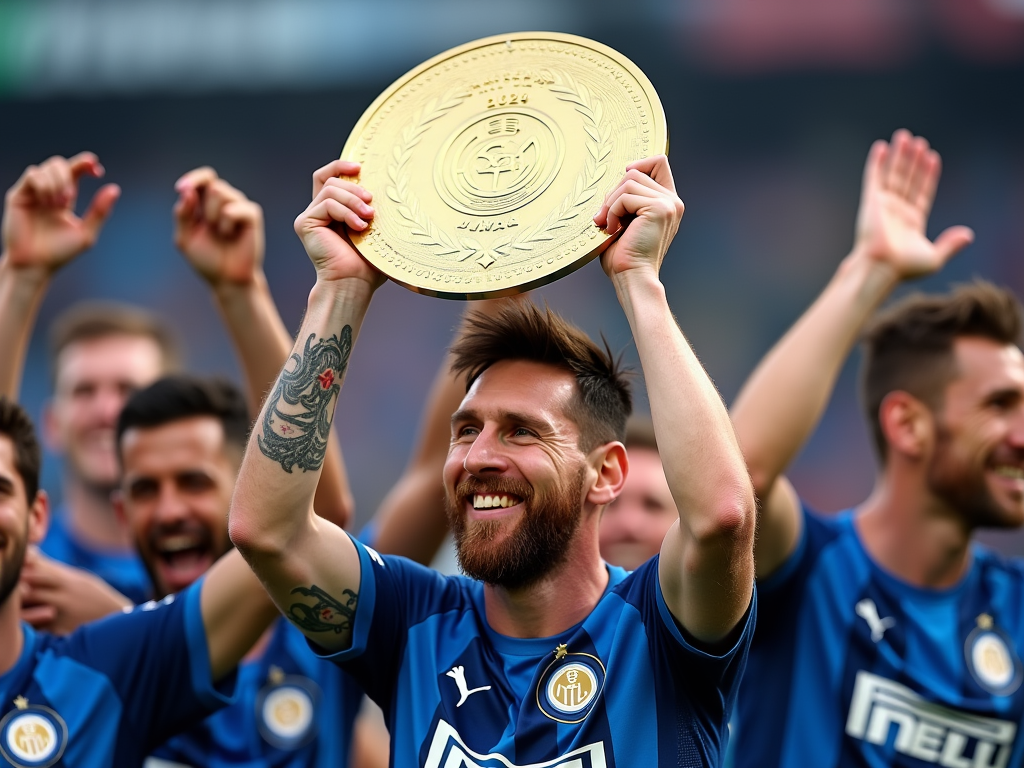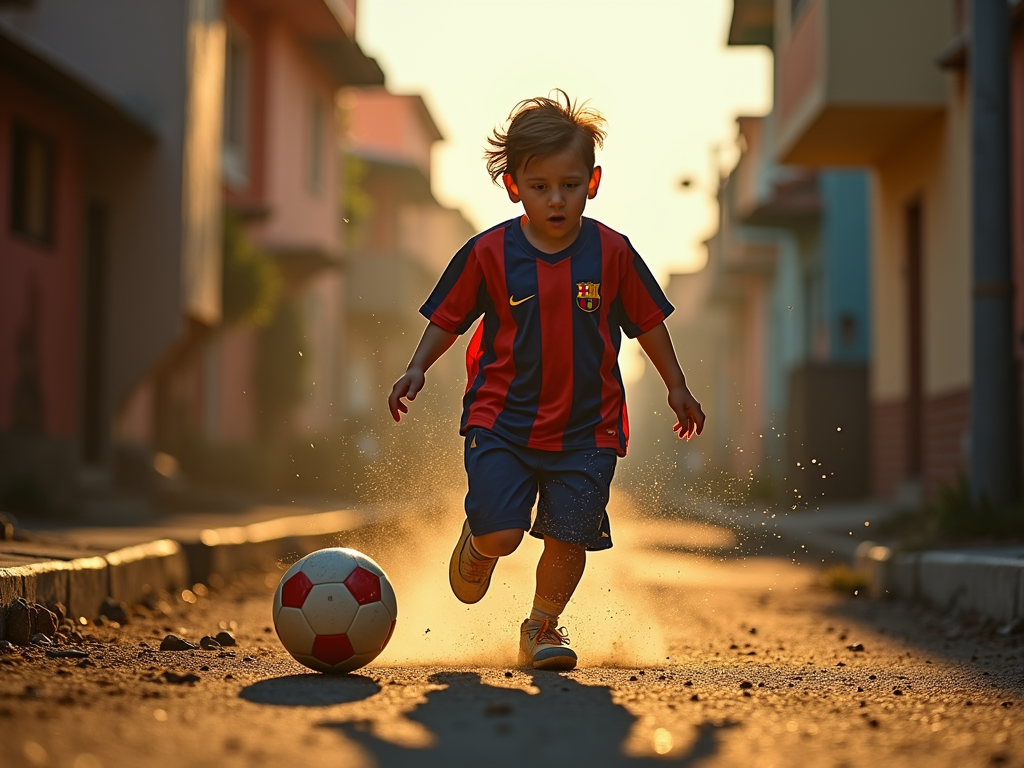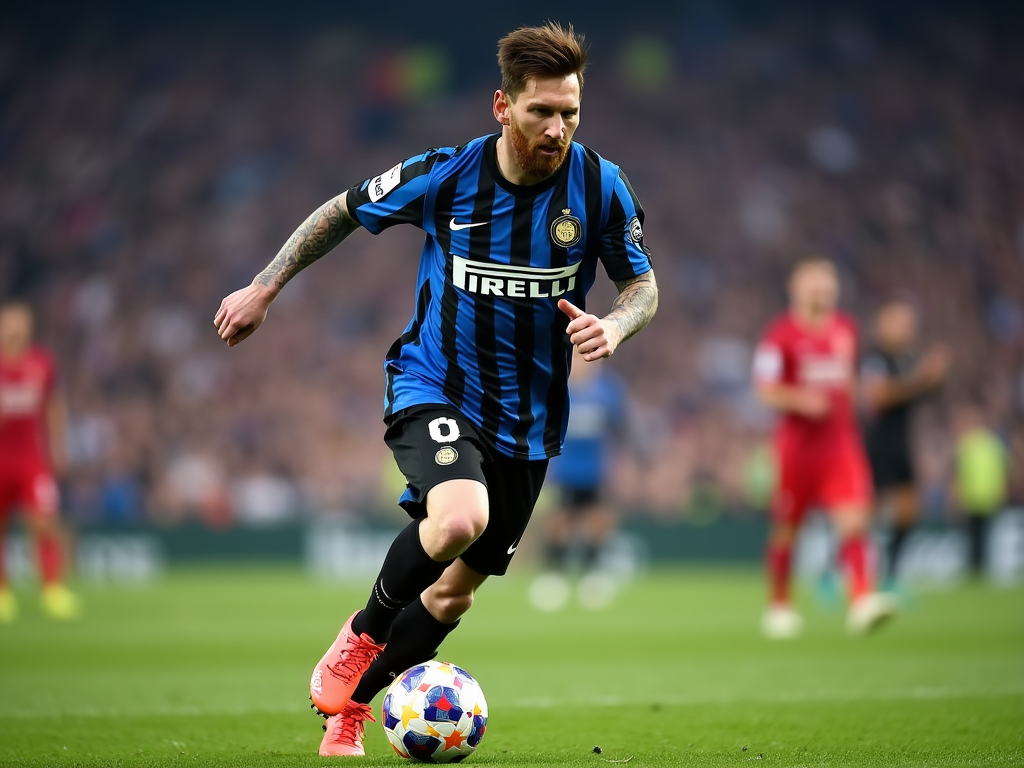From Rosario Streets to FC Barcelona
The narrow streets of Barrio Bajada Sargento Cabral in Rosario hummed with the rhythmic sounds of a young boy’s footsteps. Lionel Messi, just six years old, dribbled a worn football between his legs, weaving through the tight alleyways with an intuition that defied his tender age. His slight frame belied an extraordinary talent that would soon capture the world’s imagination. Jorge Messi watched from a distance, pride and concern etched into his weathered face. His son was different. While other children ran and played, Lionel moved with the ball as if it were an extension of his body. But beneath the apparent grace lay a challenging truth – a growth hormone deficiency that threatened to derail the boy’s dreams. Medical tests had revealed a harsh reality. Lionel was significantly smaller than his peers, his body struggling to produce the hormones necessary for normal growth. Treatment was expensive, costing nearly 900 dollars per month – an astronomical sum for Jorge, who worked as a factory manager, and his wife Celia, a part-time cleaner. The local club Newell’s Old Boys had already recognized the boy’s extraordinary talent. Lionel was a prodigy, playing with boys several years older, his skill making up for what he lacked in physical stature. His teammates called him “El Pulga” – The Flea – a nickname that captured both his size and his remarkable ability to dart past defenders. But the medical challenges threatened everything. Without proper treatment, Lionel’s football dreams would remain just that – dreams. The family scraped together what they could, but the cost of hormone therapy seemed insurmountable.
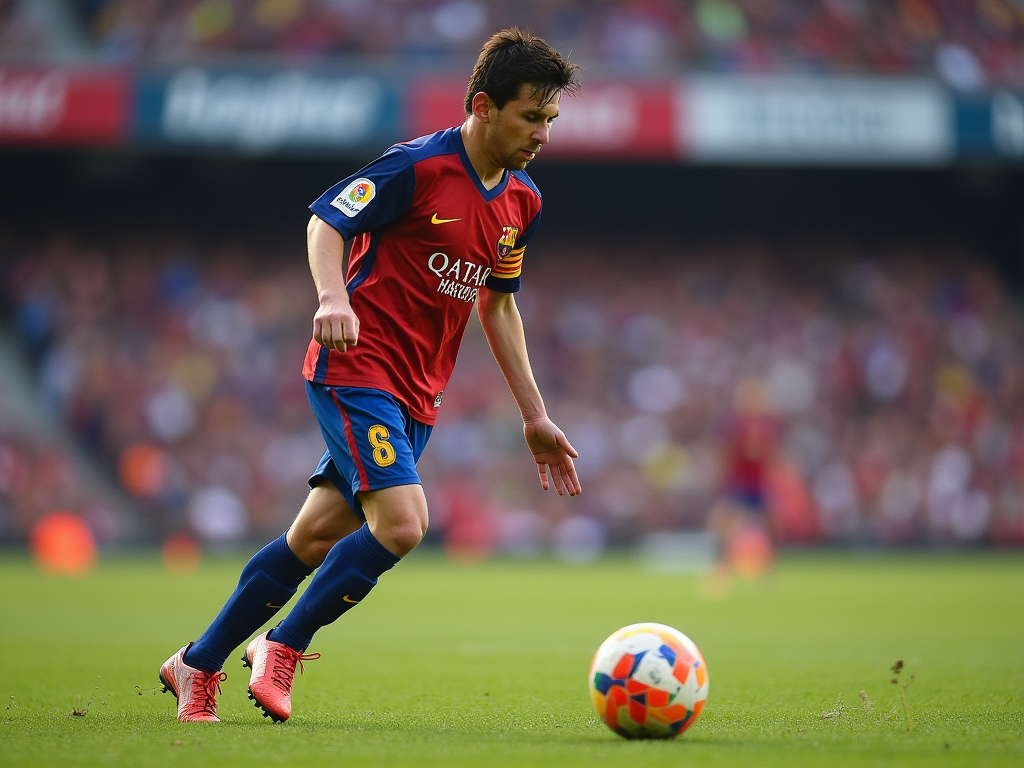

Redefining Football
The dusty streets of Rosario echoed with the rhythmic bounce of a well-worn football, each touch a testament to a young Lionel Messi’s extraordinary potential. At just eight years old, he moved differently—a blur of determination and raw talent that defied his small stature. His body might have been small, but his spirit was immense, burning with an intensity that would soon transform the beautiful game forever. Diagnosed with growth hormone deficiency, Messi faced a challenge that would have crushed lesser spirits. The treatment was expensive, costing nearly $900 per month—a sum far beyond his family’s modest means. Barcelona saw something special, something unprecedented. They made a promise that would change football history: they would cover his medical treatment if he joined their youth academy. At thirteen, Messi left everything behind—his family, his hometown, his familiar world—to pursue a dream that seemed both impossibly distant and tantalizingly close. The legendary La Masia academy would become his new home, his training ground, his pathway to greatness. Here, his extraordinary skills would be nurtured, his unique style of play would be understood and celebrated. His movement was poetry in motion—unpredictable, fluid, almost supernatural. Where other players saw obstacles, Messi saw opportunities. The ball became an extension of his body, responding to his slightest impulse with a precision that defied conventional understanding of football. Defenders would later describe facing him as an almost mystical experience—he could change direction faster than the human eye could track. Frank Rijkaard, Barcelona’s coach during Messi’s early years, recognized something extraordinary. This wasn’t just another talented player; this was a generational talent that would rewrite football’s fundamental understanding of what was possible on a pitch. Messi’s style was revolutionary—combining speed, agility, technical mastery, and an almost supernatural ability to read the game. The traditional parameters of football—physical strength, height, muscular build—seemed irrelevant when Messi played. He was dismantling established norms, proving that true footballing genius transcended physical limitations. His low center of gravity, incredible balance, and near-perfect ball control made him virtually unmarkable. Training sessions became legendary. Coaches and teammates would watch in awe as this diminutive teenager navigated through defensive lines with a combination of skill and intuition that seemed to defy the laws of physics. He wasn’t just playing football; he was reimagining it, creating a new language of movement and strategy. By sixteen, Messi made his debut for Barcelona’s first team, a moment that would be etched in football folklore. The stadium held its collective breath—this was more than a debut, this was the emergence of a footballing revolutionary who would challenge and ultimately transform how the game was understood and played.
